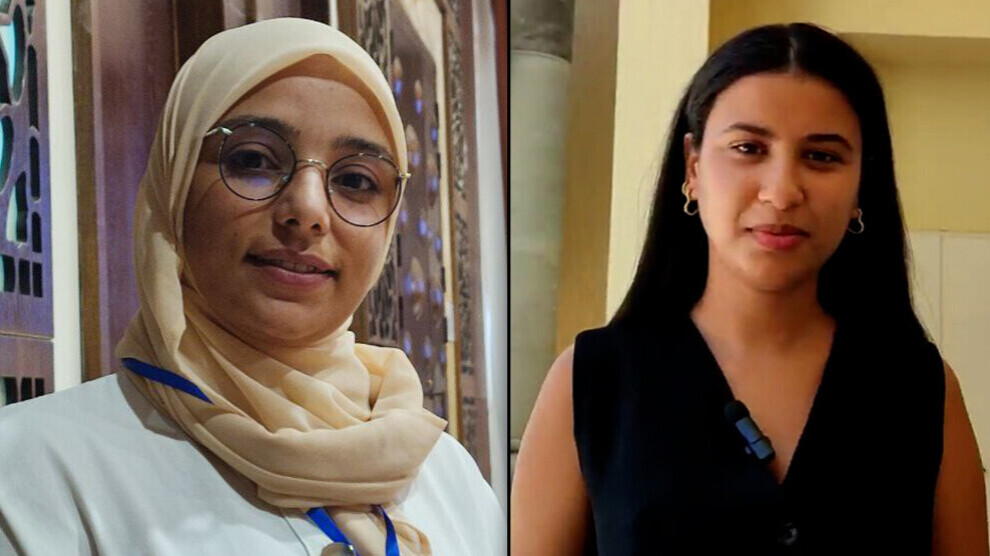‘Silence fuels violence,’ Tunisian activists warn
Tunisian activists warn that violence breeds more violence, and silence enables abusers. They stress that weakening civil society advocacy and awareness efforts only worsens the problem, leaving victims vulnerable and perpetrators unaccountable.

ZOUHOUR MECHERGUI
Tunisia – Despite the wealth of laws and regulations protecting women in Tunisia—a product of decades of feminist struggle from before independence to the present—the Tunisian experience shows that legal measures alone are insufficient, especially compared with other African and Middle Eastern countries.
Effective action requires not only legislation but also comprehensive educational and awareness initiatives. These should begin with the state, integrating concepts of equality and respect into school curricula, and extend to civil society organizations, which play key roles in education, guidance, advocacy, and public awareness. Combating violence against women is a long-term process that demands strategy, political will, and the necessary moral, material, and logistical resources.
Breaking silence
Feminist activist Lamia Senini emphasizes that the fight against violence must begin with women themselves, who experience abuse in both private and public life. She highlights the importance of peer awareness and dialogue among women as an effective means to break the silence and alert others to the dangers.
“Silence is not passive complicity; it actively sustains violence by granting implicit legitimacy to the abuser,” Lamia Senini said. “Breaking this silence is a critical step toward resistance and social change.”
She points out that patriarchal societies often dismiss women’s complaints, questioning their credibility, while the perpetrators remain unchecked. “Violence has no moral or legal justification,” she added, criticizing societal tendencies to rationalize abuse, which have contributed to rising rates in recent years.
Lamia Senini calls for women to take the initiative, using modern tools—especially social media—to raise awareness and share critical information. She stresses that silence is one of the key factors fueling violence and underscores the need for women-led solidarity networks that provide safety and mutual support.
Digital awareness, field activism
Senini notes that the younger generation of women bears a special responsibility in spreading awareness, leveraging digital tools like the internet to reach diverse audiences effectively. She warns of “soft violence”—subtle, often hidden forms of psychological harm disguised as harmless or affectionate interactions, which can escalate into harassment, manipulation, or exploitation.
“Awareness and solidarity remain the first line of defense,” she said. “Legal recourse is essential—through courts and holding abusers accountable—to break cycles of intimidation and prevent women from being forced into silence. Silence and fear are among the most dangerous enemies of life; they undermine dignity and mental well-being.”
Youth at forefront
Young activist Sahar Dahman adds that addressing gender-based violence relies heavily on young women, particularly in light of widespread abuses affecting women and girls. She highlights the importance of awareness campaigns, advocacy, and direct support for victims to encourage them to break the silence and confront abuses in both public and private spheres.
Dahman emphasizes the need to educate women about Law No. 58 of 2017, which addresses violence against women, and to empower them to understand available legal measures. Violence now touches all segments of society, including highly educated women, making reporting essential. “Silence is the abuser’s greatest ally,” she said, calling for scientific research to study violence against women, including femicides, to uncover hidden aspects of the problem and inform effective interventions.
